Numares’ approach utilizes the effects of a disease on the dynamics of human metabolism. Those effects can be recognized as specific changes in a biomarker network, generated by changes in the metabolic machinery caused by the disease. The renalTX-SCORE test, which is available as part of Numares’ AXINON® IVD system, evaluates the status of a multi-metabolite biomarker network rather than quantifying just one or a few biomarkers as with more traditional diagnostics. A urine sample is obtained from the patient, an NMR spectrum is created, then evaluated by the test. If the result indicates that a patient may be experiencing an acute rejection reaction then the patient would be referred for biopsy to confirm the result or even for therapeutic intervention.
The current diagnostic standard for acute rejection is biopsy of the kidney. This invasive intervention can damage the transplant, cause discomfort and stress in the patient and is relatively expensive. renalTX-SCORE®, for the first time, enables a regular and close monitoring of the transplanted kidney without additional strain on the patient and the organ.
renalTX-SCORE® was developed in collaboration with Professor Bernhard Banas, Head of the Transplant Center at the Regensburg University Hospital in Germany.
This non-invasive diagnostic to identify organ rejection in kidney transplant patients, which we have successfully developed together with Numares, can be used in outpatient follow-up care even before needle biopsy is performed,” said Professor Banas. “renalTX-SCORE® has the potential to reduce the number of biopsies, a procedure which reduces both patient discomfort and potential damage to the transplanted kidney. It can be performed more often due to being non-invasive and cost-effective.
Volker Pfahlert, chairman of the executive board of Numares AG added, "With renalTX-SCORE®, we are launching the first metabolomics test for our AXINON IVD system. We have developed a test that is not only the first to use a biomarker network from urine for kidney rejection diagnostics, but it can also be seamlessly integrated into clinical routine, is easy to handle and delivers fast results. It should therefore be part of the standard repertoire of follow-up checkups of every transplant center in Europe.”
Further information about renalTX-SCORE® can be found here.
For further information please contact:
Numares AG
Dipl.-Biol. Christiane Proll, MBA
Tel.: +49 941 2809 49-14
E-Mail: christiane.proll(at)numares.com
IRA WÜLFING KOMMUNIKATION GmbH
Dr. Reinhard Saller
Tel.: +49 89 2000 30-30
E-Mail: reinhard.saller(at)wuelfing-kommunikation.de
U.S.A.
The Ruth Group
Investors:
Robert Flamm, Ph.D.
Tel.: 1-646-536-7017
E-Mail: rflamm(at)theruthgroup.com
Media:
Kirsten Thomas
Tel: 1-508-280-6592
E-Mail: kthomas(at)theruthgroup.com






